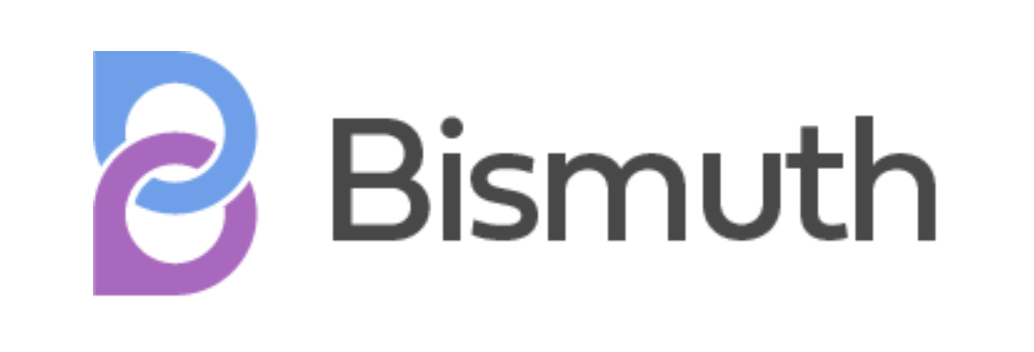Much has been said and written about Blockchain technology but in simple terms, it’s a common and permanent collection of transactions that aids in verifying past transactions and tracking assets in a network. It timestamps everything and is controlled by a large network of decentralised and independent computers spread all over the world and not owned or managed by a single company or entity.
This decentralisation and co-management of the system are precisely what protect it against any sort of corruption or other harmful interference. Unlike banks that exercise total control, blockchain technology takes the control away from a single entity and gives it to the people thus reducing human interactions and freeing it from any sort of biases.
In the context of cryptocurrencies and crypto-projects, blockchain technology is at the heart of everything. All transactions that are carried out are recorded and timestamped in a public log that anyone can see and verify. This keeps data and funds secure.
Blockchains have a communal appeal and are open to anyone interested in participating in the project. As more people engage in a project, the more evenly is the control distributed among them. Out of all the benefits of blockchain technology, the openness to the masses is the one that has brought the most attention to it.
But despite that, not all blockchain technologies are equally open to people. Most blockchain technologies use complex languages such as C++, which is not a very common programming language. So, most people engaging with C++ blockchains are mere spectators.
Although built in open-source, few have the skills and the ability to make any notable contributions to the entire project. The project then inevitably falls in the hands of a few expert coders, who are not obliged to the wishes of the masses. This hurts the spirit of blockchain technology. Therefore, a more inclusive and more decentralised blockchain technology would not only need to be built in open-source but also use a more common language.
Any such inclusive project would not only be commendable but also truly revitalise the spirit of blockchain technology. This is where Bismuth comes in. A truly open-source platform with currency as its’ primary application and mining as the first application. Unlike copy-cat blockchains, Bismuth is not based on the foundational code of BTC or its’ derivates. It’s based on unique ideas and principles that birthed crypto and blockchain technology into existence.
As the first Python-based blockchain, Bismuth is an industry leader and a trendsetter. With Python being one of the two most common programming languages out there, it is truly decentralised and quintessentially open-source as it allows for engagement from a greater number of people than any of its predecessors.
It is a decentralised transaction platform that takes the modularity approach and puts the spirit of open source at the forefront of everything they do. Its’ tools and applications can be used and hosted by anybody. Programmed as interpretation engines, their applications minimise blockchain bloat, which occurs as an increasing level of information is added to the blockchain. This adversely affects processing times as time passes.
Another alluring aspect of blockchain technology and crypto is the privacy of the users. Bismuth offers state-of-the-art features such as on-chain messaging and data storage in both public as well as encrypted forms. On top of this, Bismuth also supports the Tor browser so that users can access it anonymously and safely.
Rather than a single hardwired solution, Bismuth comes with a ton of optional extras so that users can select what they want without getting stuck with the stuff that they could have done well without. One example is the pruning system of the blockchain. Bismuth comes with an optional extra that allows users to use hyperblocks, which greatly reduces the storage requirements of the device thus increasing execution time.
As one of the most exciting blockchains projects out there, Bismuth is set to get more traction as users become acquainted with the project. With the allure of everything that made blockchain a household term in the first place, Bismuth is set to disrupt the offshoots that have deviated away from Satoshi Nakamoto’s ideas and it couldn’t be more exciting.


